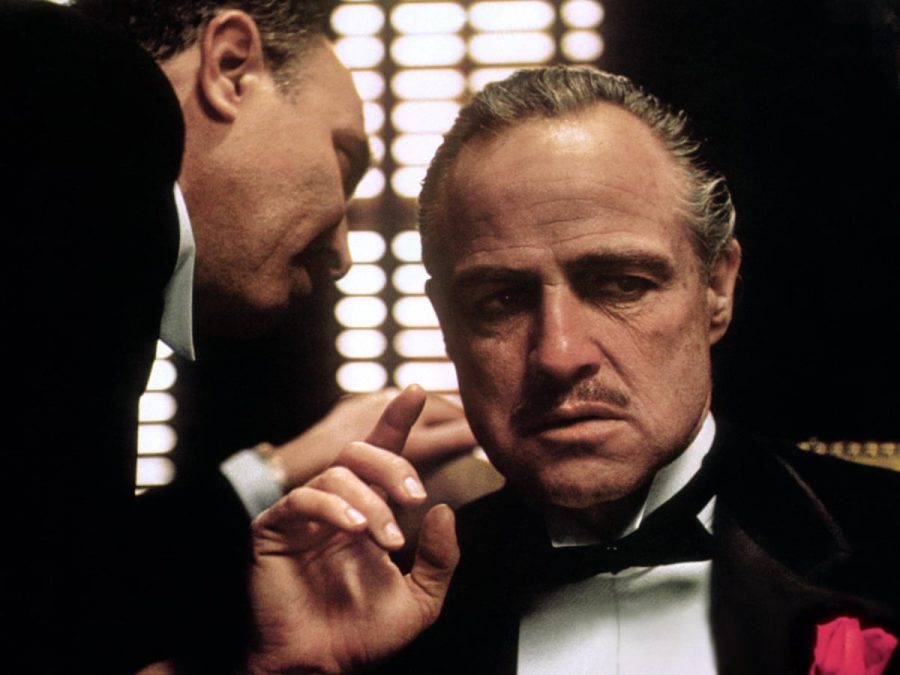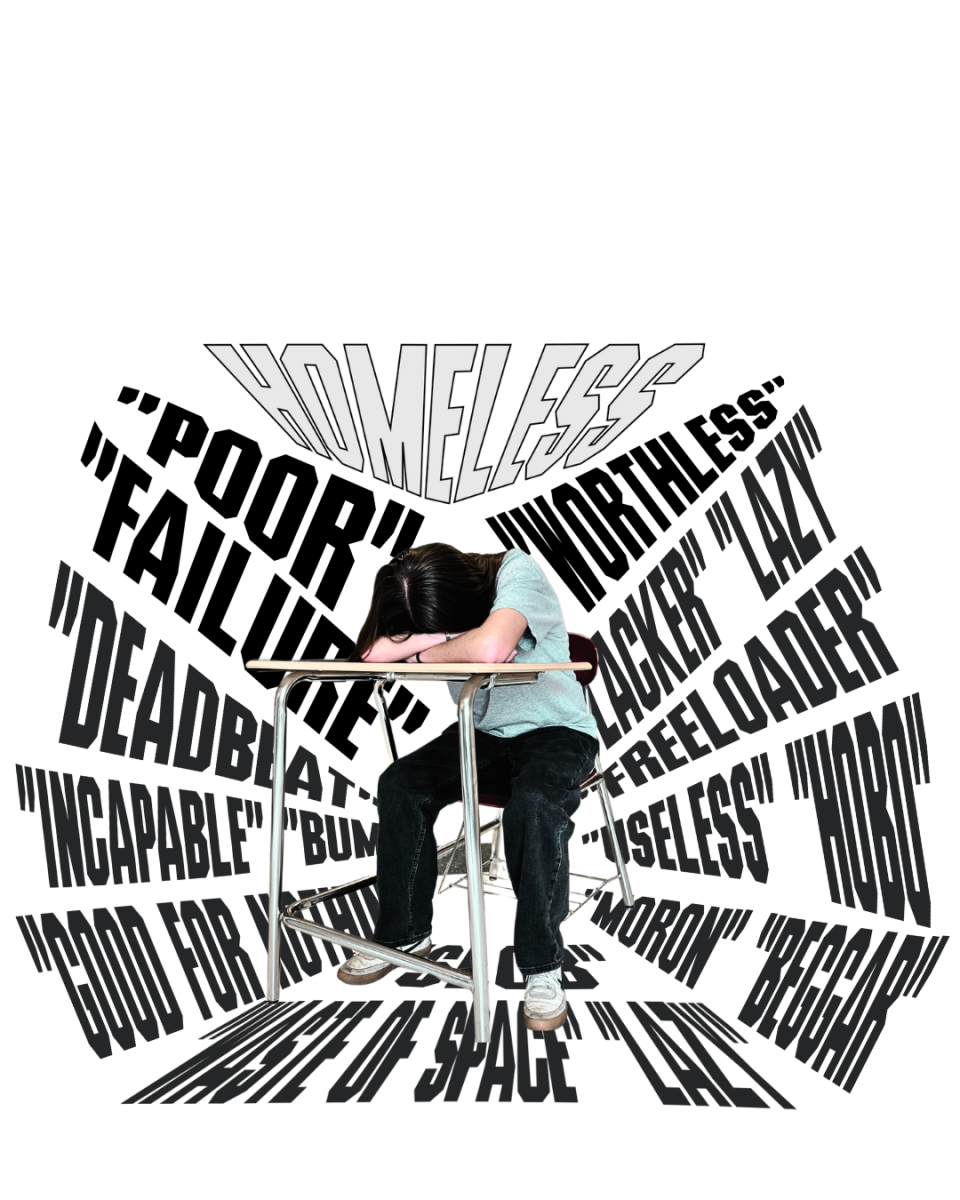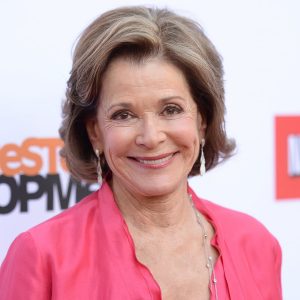50 years of The Godfather
March 14, 2022
This previously ran in our February 2022 print issue
Francis Ford Coppola’s legendary mob film, The Godfather, is celebrating its 50th birthday on March 24th. Based on a novel of the same name, the film stars Hollywood legends Marlon Brando and Al Pacino and can be credited with reinventing the gangster genre.
The Godfather’s cosmic impact on pop culture simply cannot be overstated, with its distinct style and unforgettable characters paving the way for future large-scale yet artistic dramas centered around morally gray protagonists.
Consistently ranked as one of the greatest movies of all time, the film established Coppola as a prominent director of the 70s. He went on to make other notable films, including the war epic Apocalypse Now and a highly stylized adaptation of Dracula, and in 1998 was the recipient of a Lifetime Achievement award from the Director’s Guild of America. His family tree stretches across Hollywood, but there is arguably no other movie as synonymous with the Coppola name as The Godfather. Even in spite of the whopping two-hour and fifty-five-minute runtime, audiences in 1972 flocked to theaters to watch the fictional Corleone dynasty on their violent mission to remain in power amongst the New York City mafia.
The original story has spawned two sequels and an upcoming miniseries on Paramount+, but The Godfather’s grip on the film industry doesn’t stop there. The movie marks perhaps the first time (at least in a film this popular) that the story is told from the perspective of the gangsters. Before Mario Puzo’s novel, stories about organized crime portrayed their criminals as secretive villains. But this film has them as the protagonists. Viewers know that much of what the characters are doing is wrong or illegal, but can’t help but root for them anyway.
In Hollywood’s past, film noirs had mobsters who were both menacing and suave, but lacked in depth or motive besides simply money, power, and glory. The Godfather, however, paints the Corleones in a twistedly empathetic light. Marlon Brando’s indomitable Don Vito Corleone does what he does for his family. He’s complicated rather than cartoonish; a loving father who is extremely intelligent and powerful yet soft-spoken, not an evil fella in a signature suit, rubbing his hands together and laughing maniacally.
Without Micheal and Vito Corleone, there would be no Tony Soprano or Tommy Shelby, and probably no Walter White. The Godfather has inspired countless movies and television shows, making it a landmark in cinema history as well as a reference point for writers and filmmakers for years to come. Even HBO’s corporate dramedy Succession is reminiscent of the epic in many ways, especially in terms of corruption, familial power struggles, and patriarchs with impossible shoes to fill.
The unforgettable music, imposing performances, and instantly recognizable cinematography help make The Godfather what it is, but the real greatness of the film is the story at its center. In some ways, it’s a tale as old as time, almost mythological, with its unworthy sons, avenged daughters, and tragic deaths. What makes it truly special is revealed in the very first line of the movie.
“I believe in America,” says the undertaker Bonasera, who has come to ask a favor of Don Corleone. But as his monologue continues, the audience learns that America has betrayed him. His daughter, the light of his life, was assaulted, and her attackers went free. Bonasera asks Don, the Godfather, to kill them. Don is offended by this, as Bonasera had never made an effort to be friends with him before but is asking him to commit two murders, and replies: “I understand. You found paradise in America, you had a good trade, made a good living. The police protected you and there were courts of law. And you didn’t need a friend like me.” Later, when Michael explains to his girlfriend how his father helped famous singer Johnny Fontane advance his career, it becomes clear what it means to have a friend like him.
The film, as Matthew Goode’s aviator-wearing Robert Evans states in the trailer for The Offer, is a metaphor for the American Dream. In a country that looks down on them, families like the Corleones take matters into their own hands. When the justice system fails the Italian-Americans of New York, they appoint themselves judge, jury, and executioner. The family business, however bloody, is the Corleones’ livelihood, Vito’s American Dream.
Though the film is now nearly fifty years old, and set 80 years ago, The Godfather is no less impactful today than it was in 1972. Themes of family duty and morality make it timeless, even now, when a new cinematic crime epic seems to pop up every year. It remains an offer viewers can’t refuse.











